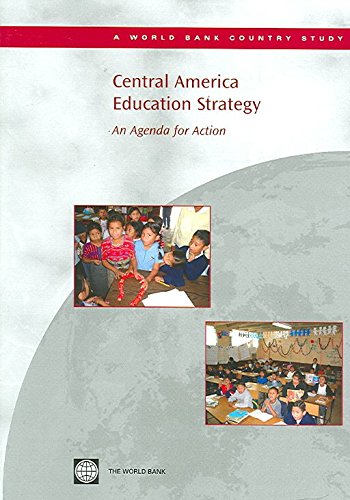This report provides an in-depth diagnosis of where Central American countries stand along several education dimensions, underscoring the most urgent and serious challenges, and suggesting policy options to address them. This is the first attempt at providing a comprehensive quantification of educational outcomes in four comparable Central American countries: El Salvador, Honduras, Guatemala, and Nicaragua. The report identifies three urgent priorities for improving Central American education systems: improving learning, reaching universal primary completion, and expanding secondary coverage. In response to identified barriers to learning, the report details some key areas of policy intervention, which include the improvement of national assessment systems, the enhancement of teacher performance, and the diversification of teaching methodologies. The main policy recommendations for improving completion are to strengthen and improve the existing supply-side interventions (multigrade schooling, school-based management, bilingual education, and so forth), while also applying effective demand-side policies and broader interventions. Finally, when analyzing specific policy options to increase secondary coverage, the report concludes that only a comprehensive policy package (including higher budget shares for secondary education and interventions such as flexible delivery mechanisms, demand-side subsidies, and basic education centers) will successfully overcome the range of constraints facing secondary enrollment.
Central America Education Strategy: An Agenda for Action (Country Studies)
$9.99
This book offers a detailed analysis of educational systems and policy, applicable to studies in social sciences, statistics, and international relations.
Additional information
| Weight | 0.227 lbs |
|---|---|
| Dimensions | 17.8 × 1.3 × 25.4 in |






Reviews
There are no reviews yet.